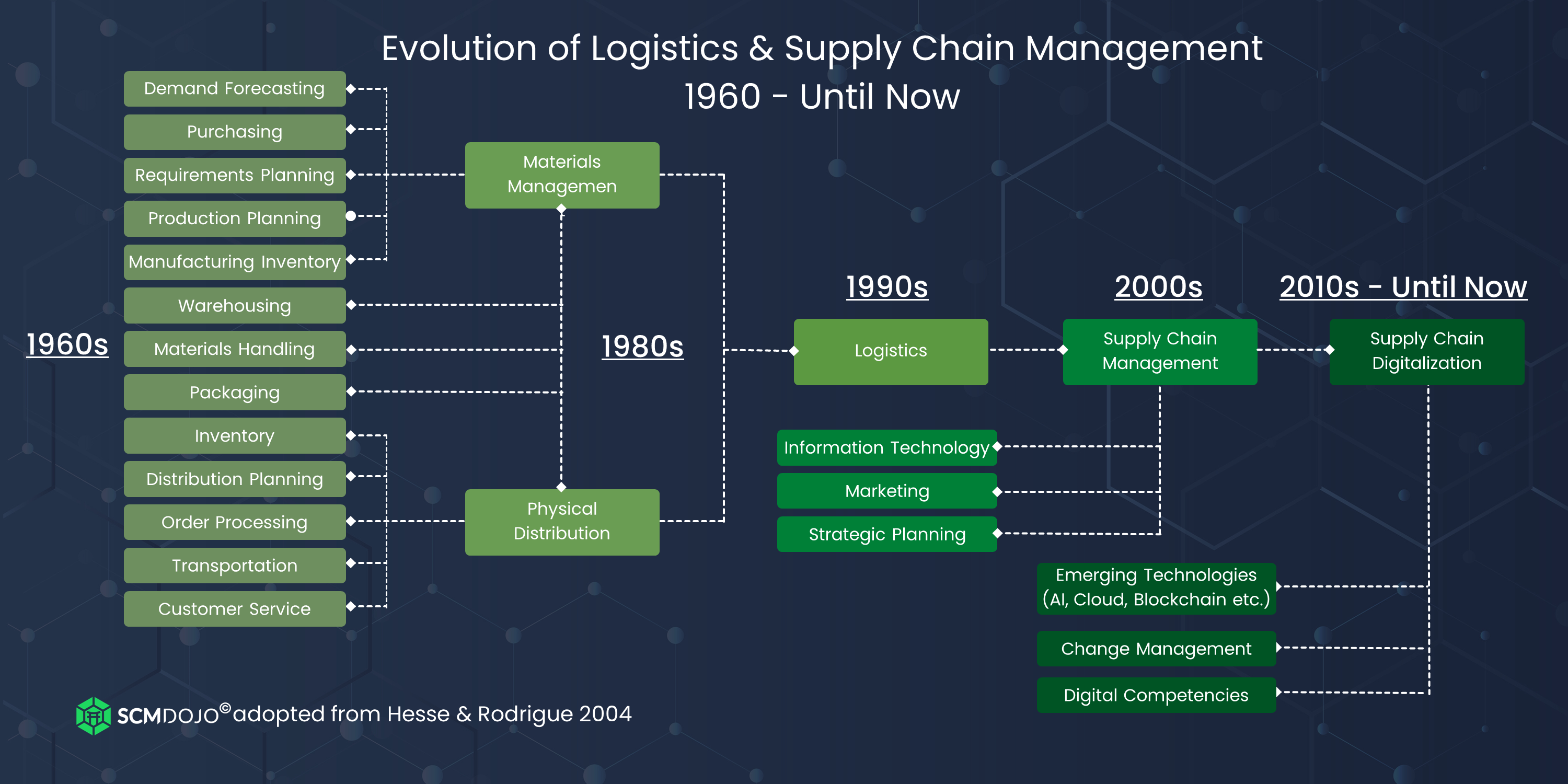Navigating the New Norm: E-Commerce Supply Chain Trends
In today’s fast-paced world, the e-commerce industry is constantly evolving. With the rise of online shopping, businesses are faced with new challenges and opportunities when it comes to supply chain management. To stay ahead of the competition, companies need to adapt to the changing landscape of supply chain strategies in e-commerce.
One of the key trends that businesses need to navigate in the e-commerce supply chain is the increased demand for fast and reliable delivery. Customers now expect their orders to be delivered quickly and efficiently, which means that businesses need to optimize their supply chain processes to meet these demands. This has led to the rise of same-day and next-day delivery services, as well as the use of technologies such as drones and autonomous vehicles to speed up the delivery process.
Another trend that businesses need to be aware of is the growing importance of sustainability in the e-commerce supply chain. With increasing awareness of environmental issues, customers are becoming more conscious of the impact of their purchasing decisions. As a result, businesses are under pressure to reduce their carbon footprint and adopt more sustainable practices in their supply chain operations. This includes using eco-friendly packaging materials, optimizing transportation routes to reduce emissions, and partnering with suppliers who share their commitment to sustainability.
In addition to these trends, businesses also need to adapt to the rise of omnichannel retailing in the e-commerce supply chain. Customers now expect a seamless shopping experience across multiple channels, whether they are shopping online, in-store, or on their mobile devices. This has created new challenges for businesses in terms of inventory management, order fulfillment, and customer service. To succeed in this omnichannel environment, businesses need to integrate their supply chain operations across all channels and provide customers with a consistent experience no matter how they choose to shop.

Image Source: scmdojo.com
One of the ways that businesses can navigate these e-commerce supply chain trends is by embracing digital transformation. By investing in technology and data analytics, businesses can streamline their supply chain processes, improve efficiency, and gain valuable insights into customer behavior. This can help businesses to better forecast demand, optimize inventory levels, and reduce costs in their supply chain operations. Additionally, digital technologies such as artificial intelligence and machine learning can help businesses to automate repetitive tasks, identify inefficiencies, and make data-driven decisions to improve their overall performance.
Furthermore, businesses can also benefit from collaborating with other players in the supply chain ecosystem. By forming partnerships with suppliers, logistics providers, and technology vendors, businesses can leverage their expertise and resources to drive innovation and improve their competitive advantage. This can help businesses to stay ahead of the curve in the rapidly changing e-commerce landscape and adapt to new challenges and opportunities as they arise.
In conclusion, the e-commerce industry is experiencing a period of rapid change and innovation, and businesses need to adapt to the evolving landscape of supply chain strategies to stay competitive. By embracing trends such as fast and reliable delivery, sustainability, omnichannel retailing, digital transformation, and collaboration, businesses can position themselves for success in the dynamic world of e-commerce. By staying agile, innovative, and customer-focused, businesses can navigate the new norm of e-commerce supply chain trends and thrive in the digital revolution.
Adapting to the Digital Revolution: Future of Supply Chains
In today’s fast-paced and technology-driven world, the landscape of supply chain strategies in e-commerce is constantly evolving. As more and more consumers turn to online shopping for convenience and variety, businesses are being forced to adapt to the digital revolution in order to stay competitive and meet the demands of their customers.
One of the key trends that is shaping the future of supply chains in e-commerce is the increased use of automation and artificial intelligence. With the rise of e-commerce giants like Amazon, businesses are under pressure to streamline their operations and improve efficiency. This has led to the implementation of automated technologies such as robotics and machine learning to optimize processes and reduce costs.
Another important aspect of the digital revolution in supply chains is the importance of data analytics. With the vast amount of data being generated by e-commerce transactions, businesses are able to gain valuable insights into consumer behavior and preferences. This allows them to tailor their supply chain strategies to meet the specific needs of their customers, ultimately leading to increased sales and customer satisfaction.
Furthermore, the rise of omnichannel retailing has also had a significant impact on supply chain strategies in e-commerce. With consumers expecting a seamless shopping experience across multiple platforms, businesses are having to rethink their logistics and fulfillment processes in order to meet these demands. This has led to the development of new technologies such as smart warehouses and inventory management systems that can track products across different channels and ensure timely delivery to customers.
In addition to these technological advancements, the digital revolution in supply chains has also led to a shift towards more sustainable practices. With consumers becoming increasingly conscious of the environmental impact of their purchases, businesses are under pressure to reduce their carbon footprint and adopt eco-friendly packaging and shipping methods. This has resulted in the development of innovative solutions such as reusable packaging and alternative delivery options like electric vehicles and drones.
Overall, the future of supply chains in e-commerce is being shaped by the digital revolution in a variety of ways. From automation and artificial intelligence to data analytics and sustainability, businesses are having to adapt to these changes in order to stay ahead of the curve and meet the evolving needs of their customers. By embracing these trends and incorporating them into their supply chain strategies, businesses can position themselves for success in the rapidly changing world of e-commerce.
The Evolution of Supply Chain Strategies in the E-Commerce Era